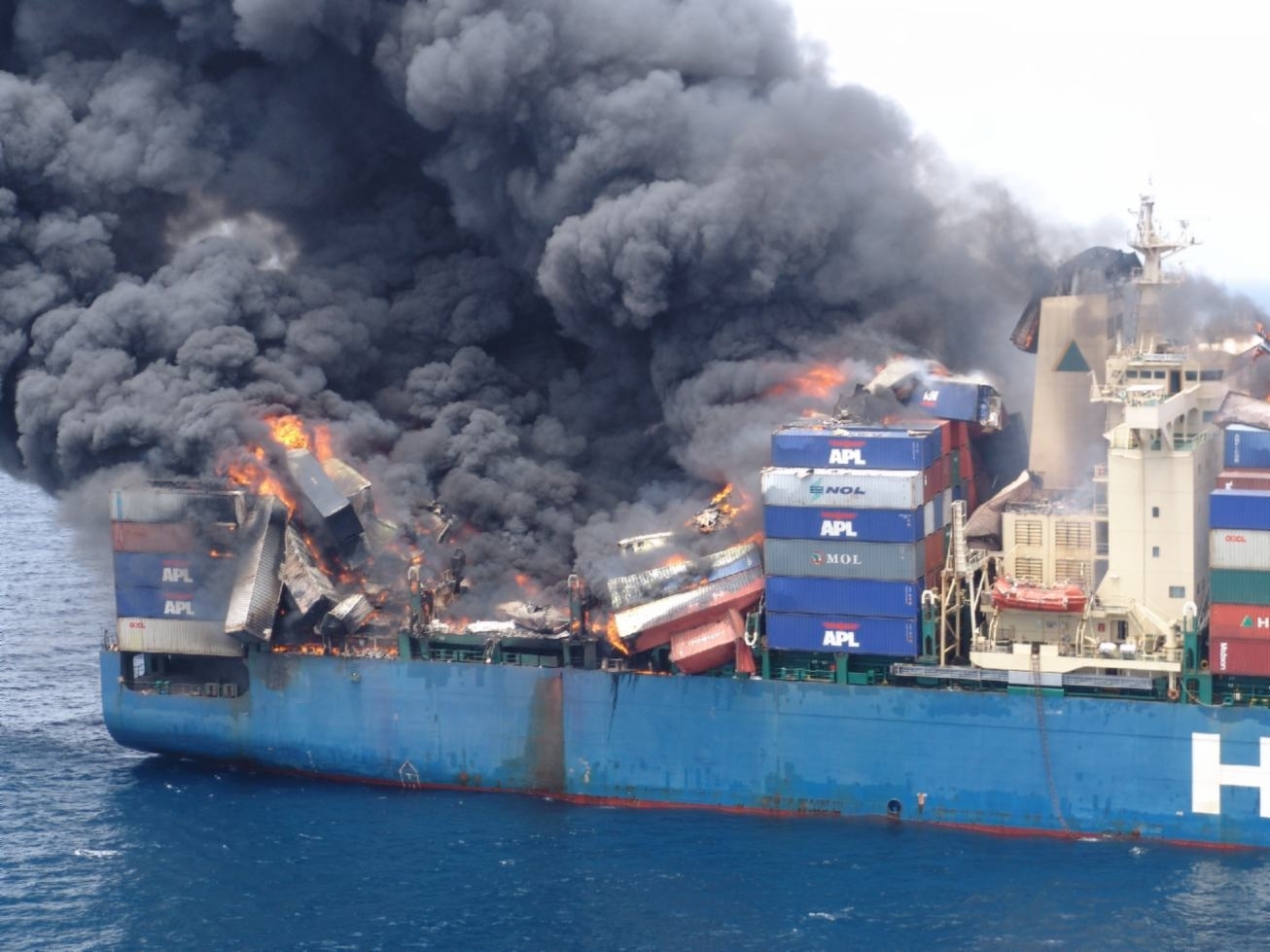Cargo Insurance Basics: 4 Common Questions Answered
Last weekend, I rented a car for a short road trip. I didn’t travel outside the country or even out of the state so what does this have to do with international shipping? I’m getting there.
When offered insurance on the car rental, I turned it down. This, of course, made the rental price cheaper for me and caused the consequences of any accident that might (but did not) occur fall under my own insurance.
Passing on the insurance offered by the car rental place made me think about cargo insurance. While 9 times out of 10, I would pass on getting the insurance offered from a car rental place, I would not be quick to do so when it comes to cargo insurance for my imports or exports.
This blog will quickly look at cargo insurance basics, answering 4 frequently asked questions.
1 – What Does Cargo Insurance Cover?
 Cargo insurance covers cargo. Duh. Wouldn’t it be terrible if that was really how I answered the above question?
Cargo insurance covers cargo. Duh. Wouldn’t it be terrible if that was really how I answered the above question?
Cargo Insurance covers loss and/or damage of cargo while it is in transit between the points of origin and final destination. The transportation modes of the goods cargo insurance covers are by sea, air, and land.
2 – Why Get Cargo Insurance?
If you’re economical like me (or cheap as my wife would prefer to call it), you might ask yourself why not save a few bucks on an international shipment by skipping the insurance. Why not? I take similar risks with car rentals.
Importing and exporting goods is not like renting a car. Your shipment isn’t going to just fall under your previously held insurance.
Cargo Insurance is essential for businesses engaging in international trade, especially those shipping large quantities of goods by sea. Specific terms and benefits vary widely across the world and many Cargo Insurance Policies are custom tailored for specific shipments.
There are many dangers in international shipping for your cargo from wrecks to turbulence to pirates. Yes, piracy still exists on the sea’s of today.
Protecting the value of your goods is the primary benefit of Cargo Insurance. While you have the option of sending your freight without any insurance, if you do so you would bear the entire financial cost in the event of damage or loss of your shipment.
You do have legal recourse against the carrier, but this can be a lengthy and complicated process, and international law strictly limits carrier liability, according to SITPRO, an export facilitation company in the United Kingdom.
3 – Are There Different Types of Cargo Insurance?
Yes. Different types of Cargo Insurance exist.
 Policies are available to protect your goods while in transit on the ship, but damage can occur while the ship is in port, while the goods are in transit to the warehouse or while at the warehouse itself.
Policies are available to protect your goods while in transit on the ship, but damage can occur while the ship is in port, while the goods are in transit to the warehouse or while at the warehouse itself.
Cargo Insurance Policies can be endorsed to cover all these instances, or a policy can be purchased individually to provide cumulative coverage for all locations of your goods.
The most comprehensive type of Cargo Insurance is called All Risks Coverage. If you are shipping Household Goods, Personal Effects, or Vehicles, all risk insurance is only available if the container is professionally packed and loaded by a professional company (not the actual customer). Otherwise, the shipment is only insured for very a limited “WA coverage”.
Certain commodities, like household goods mentioned above, will have different terms and rates. You’ll want to speak with the sales representative at the freight forwarder or insurance company about the specifics of your import or export shipment.
4 – What Types of Things Are Not Covered by Cargo Insurance?
Most Cargo Insurance Policies do not reimburse for losses caused by improper packing or when customs officials reject the delivered goods.
Other claims that are excluded from most Cargo Insurance Policies include:
- Abandoned cargo
- Other party failing to pay
- Spoilage or other damages due to the product’s nature
- Losses caused by shipping delays
- Employee dishonesty
- Damages at port cities more than 15 days after cargo was unloaded.
For example, improperly packed rice can expand and spoil while in-transit. This would not be covered under standard Cargo Insurance Contracts.
For detailed information about what types of Cargo Insurance is best for your particular shipment and shipping needs, contact a UCM sales representative by calling (866) 826-2276 or completing an online rate request form.
![]()
Source: Export

